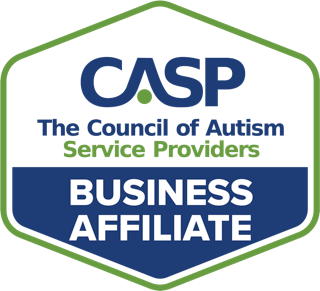Usually we think of habits as bad things. The flip side is that creating good habits is hard and takes discipline. I often wonder why it is so easy to fall into bad habits, yet good habits are so difficult to come by!
To establish good habits, I have found that they must be easy to repeat and produce pretty immediate or short-term value. Culture-building does just that. By caring for your team, you can unlock the potential of those around you, and create a scalable model for achieving your business objectives. Plus, people will thank you… immediately.
Here are three easy habits:
1. Identify Your Values
Source feedback from your team. Ask questions like “what do you value most about working here?” or “what is something you have done or been a part of here that you are most proud of?” You can also elicit aspirations by asking “what is something our team should start doing?”
Using small groups to have these conversations amongst team members, and documenting the themes, will help you hone in on a unique set of values for your organization. Then share them anywhere and everywhere you can!
2. Practice Your Values
Create opportunities to practice behaviors that align with your values. Facilitated team meetings and planned breakout sessions can provide an ideal forum. Two values my team has are collaboration and open communication.
Our monthly team meetings include breakout sessions, where small groups of employees from different teams get to collaborate. They are prompted to engage in conversations, through guided reflection beforehand, that require a degree of vulnerability.
In fact, a group of recent additions to our team, who joined through an acquisition, were a bit surprised when we did an exercise asking everyone to share their personal weaknesses. Talk about being exposed!
But this is how we practice and normalize our values. For our team, weaknesses are treated as opportunities for personal development, just like failures are treated as learning opportunities. The more we have people invested in helping one another learn and develop, the stronger we become as an organization. Remember that teacher who told you to practice what you preach? Well, they were right!
Remember that teacher who told you to practice what you preach? Well, they were right!
Jamie Pagliaro Share this
3. Reinforce Your Values
Let’s face it, a lot of times we forget to call out the positives, let alone encourage others to do so. Maybe we call out specific behaviors or actions that are above-and-beyond, or exemplify exceptional performance, but those don’t happen all the time. Perhaps we miss the opportunity to make a connection between what people are doing on a day-to-day basis and the values of our culture.
The variety of situations and responses people may encounter makes it difficult to predict every scenario with:
- policies
- procedures
- operating protocols
Sure, you may have:
- key performance indicators
- defined job expectations
- specific workflows
But making sure that people act in ways that align with the values of your culture during complex, difficult or ambiguous situations will definitely tilt the cards in your favor.
Having a Team Gratitude Board can be an effective way to publicly reinforce specific behaviors that align with the values of your culture, so that it’s not just coming from you.
Team Culture Matters
If you’re not convinced that focusing on these habits is necessary, check out Three Reasons Why Team Culture Matters and Using Technology to Build Team Culture (Even Remotely!). I hope reviewing these habits inspires you to commit more time to culture-building activities.
If you would like to see some examples of easy exercises that you can begin doing with as little as one hour per month, check out some of my recommended downloadable culture-building activities and tracking tools. Feel free to download, modify and make them your own!










